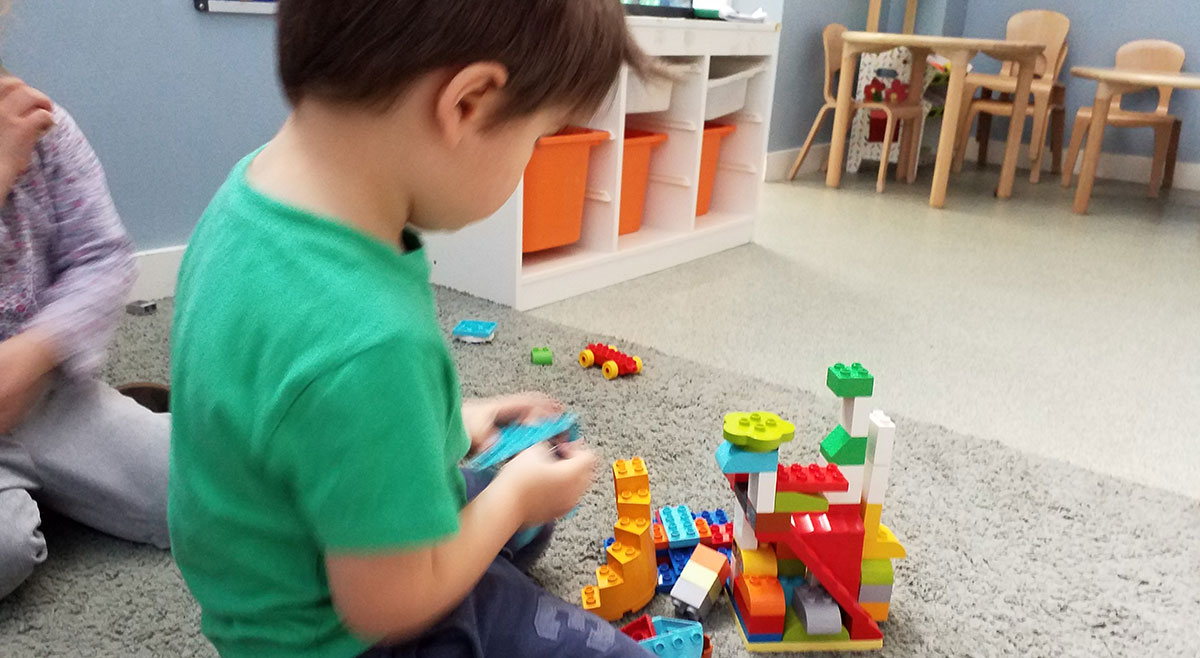Critical Thinking is when children use their imagination and creativity to take on challenges and explore how problems could be solved and how their ideas can be implemented. Being creative is more than arts and design and is a core aspect of the thinking process. It is about children generating their own ideas creatively by the use of their imagination.
Critical thinking happens when children draw on their existing knowledge and experience, as well as on their problem-solving skills; they need to be critical thinkers who can make sense of information, analyse, compare, contrast, make inferences, and generate thinking skills. Building critical thinking skills happens through day-to-day interactions as you talk with children, ask open-ended questions, and allow children to experiment and solve problems. This allows children to partake in certain problems and challenges which is essential to developing children’s critical thinking skills in the long run.
At Willows Pre-School, there are many ways we encourage children to become critical thinkers such as: providing opportunities for play such as blocks, problem-solving activities, pretend play, or board games. Teaching children to pause and wait because offering children ample time to think, attempt a task, or generate a response is critical as this gives children a chance to reflect on their response and perhaps refine it, rather than responding with their very first gut reaction. We ask children open-ended questions because rather than automatically giving answers to the questions children raise, we help them think critically by asking questions in return: “What ideas do you have? What do you think is happening here?
We also encourage children to think in new and different ways as by allowing children to think differently, you’re helping them hone their creative problem-solving skills. We do this by asking questions such as, “What other ideas could we try?” or encouraging children to generate options by saying, “Let’s think of all the possible solutions.” Doing so helps children develop hypotheses where children will take a moment to form hypotheses during play that help develop their critical thinking skills. This is done by asking children, “If we do this, what do you think will happen?” or “Let’s predict what we think will happen next.” It is important to respect the child’s responses whether you view them as correct or not as this can affect the child’s thinking and can discourage children from thinking for themselves and can affect their self-confidence and self-esteem. Instead of correcting the children’s response, we say to the children, “That is interesting. Tell me why you think that.“, that way it encourages the children to explain their way of thinking and develops their understanding and knowledge of possible solutions.


